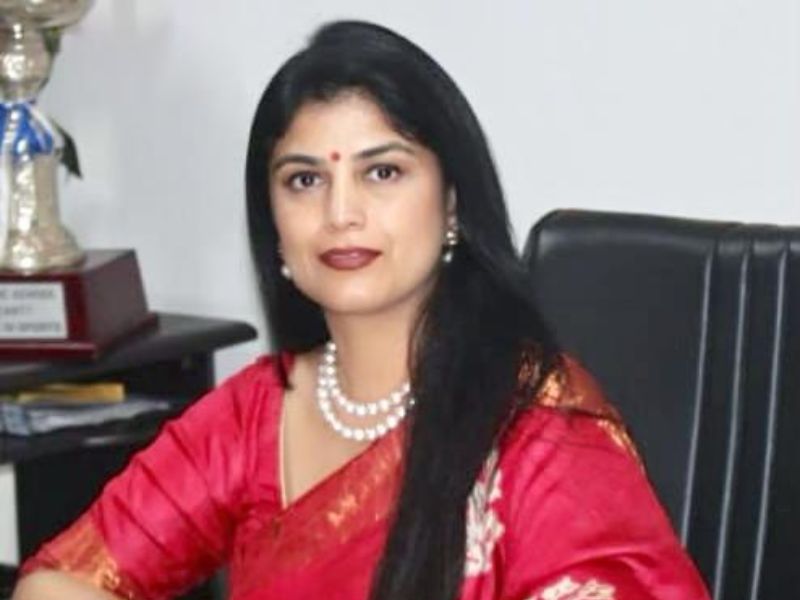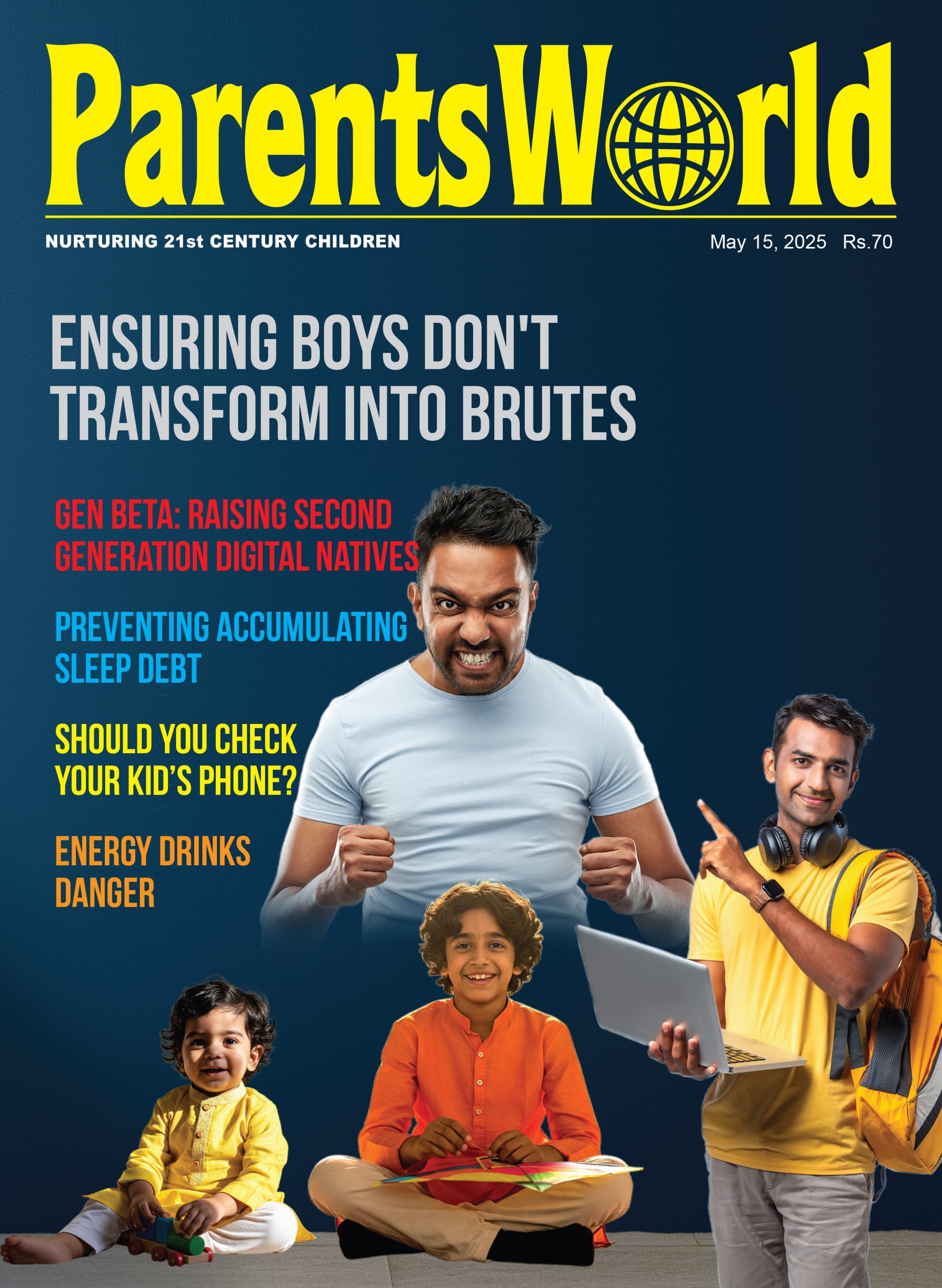As the world observes International Women’s Day 2025, the call for gender equality in education remains as urgent as ever. While progress has been made, true parity demands deliberate action—steps that dismantle barriers, reshape mindsets, and create inclusive learning environments.
EducationWorld is proud to feature Dr. Neetu Kapoor, a distinguished education leader and Principal of Army Public School Delhi Cantt, who has spent nearly three decades championing equal opportunities in education.
Coming from a background rooted in academic excellence, Dr. Kapoor believes that achieving gender equality in education is not just about access—it is about transforming the entire ecosystem to support, empower, and inspire.
Steps to Achieve Gender Parity in Education
According to Dr. Kapoor, real change requires a multi-pronged approach that extends beyond policy reforms:
1️ Acknowledging Progress and Gaps – While more girls are enrolling in schools than ever before, cultural barriers, economic constraints, and safety concerns continue to limit their participation, especially in higher education.
2 Challenging Gender Stereotypes – Schools must redefine subject choices so that girls feel encouraged to pursue STEM fields, while boys have the freedom to explore the arts and humanities.
3 Creating Safe Learning Environments – Gender-based violence and harassment remain critical deterrents to girls’ education. Schools must implement zero-tolerance policies and provide robust support systems to ensure safety and psychological well-being.
4 Eliminating Economic Barriers – Families often prioritize boys’ education when faced with financial struggles. Scholarships, targeted incentives, and awareness programs can help bridge this gap and encourage families to invest in their daughters’ education.
5 Shifting Cultural Mindsets – In many communities, girls’ education is still undervalued due to traditional beliefs. Community engagement, parental awareness, and mentorship programs play a crucial role in reshaping these perceptions.
6 Increasing Women in Leadership – More female educators and administrators in leadership positions ensure policies and practices are truly inclusive and equitable. Women in leadership serve as role models for young girls, reinforcing the idea that education is a gateway to empowerment.
7 Strengthening Policies and Implementation – While legal frameworks exist to protect girls’ education, better enforcement, monitoring, and advocacy are necessary to make these policies effective at the grassroots level.
8 Recognizing Education as an Investment – Educating girls is not just about literacy—it is about breaking cycles of inequality, creating future leaders, and driving social and economic progress.
According to Dr. Kapoor, “Gender parity in education is not just a goal—it is the foundation of a just and progressive society. When we empower young minds, we transform the future.”
About Dr. Neetu Kapoor
With 28 years of experience in education, Dr. Neetu Kapoor has been a driving force in educational leadership and reform. As the Principal of Army Public School Delhi Cantt, she has championed inclusive policies, student-centric learning models, and leadership programs that promote equity in education. Her contributions have earned her several national accolades, including the Delhi State Teachers Award (2022), Extraordinary Leadership in Education – Education World (2020-21, 2021-22), Guru Drona Puraskar (2019), and the COAS Commendation Card (2022). Beyond her work in schools, Dr. Kapoor plays a crucial role in policy development, serving on advisory committees for CBSE, NIOS, and national education bodies. A staunch advocate for inclusive education, she continues to lead initiatives that empower young learners, ensuring that every child, regardless of gender, has an equal opportunity to succeed.
Also read: Neetu Kapoor – Completely reform teacher education
Posted in News, Other News























